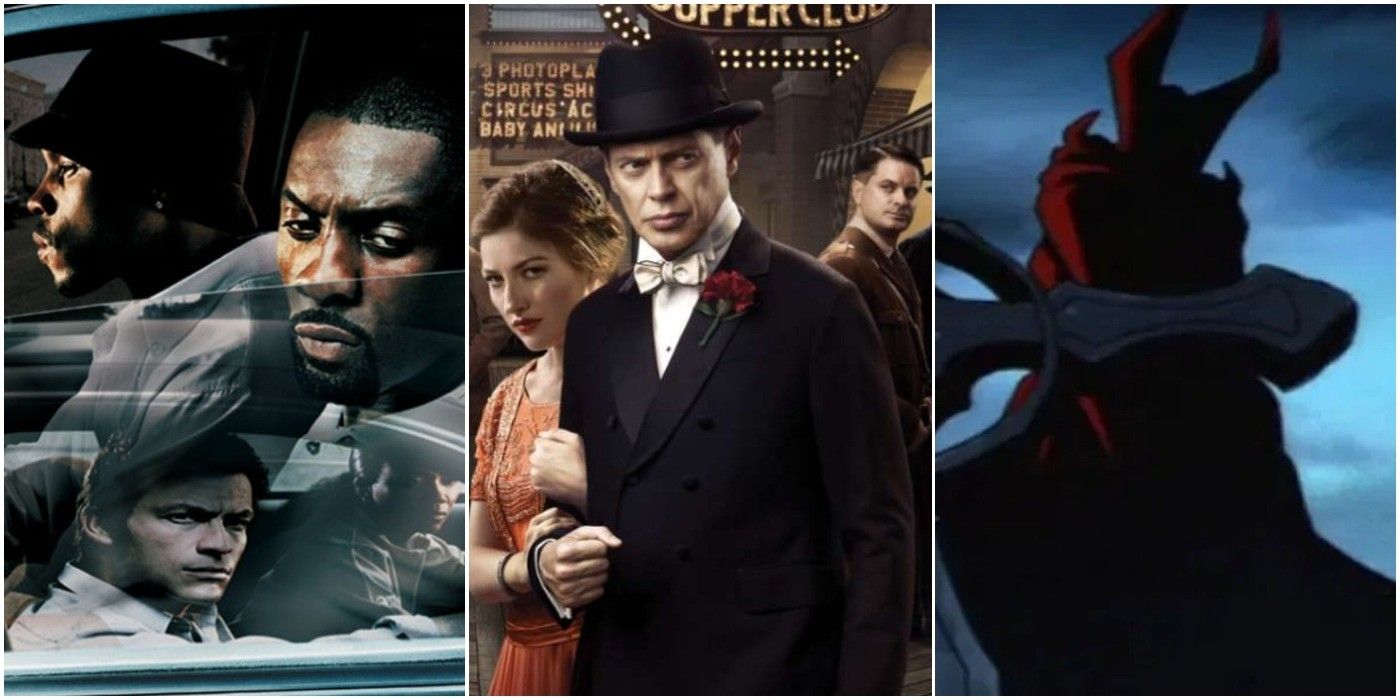
A nation on edge erupted into protests and riots, its loudest voices calling for vengeance. HBO’s bold, gripping miniseries is based on real events from the summer of 2014 when three Jewish teenagers were kidnapped and murdered by Hamas militants. They see what they want to see, like the extremist abductors who saw a mortal enemy in the innocent 16-year-old they snatched, drove to the outskirts of the city and burned alive. A Jew watches the murky images and theorizes that the men in question are Arabs he can always spot an Arab by the way he walks. An Arab views the recorded abduction and is sure the culprits are Jews he can tell by the way they look. The biggest hurdle, however, is the hardened predispositions of those watching the tape. Time is of the essence if authorities hope to find him alive, and grainy surveillance footage is all they have to go on. Our BoysĪ teen is abducted off a street in East Jerusalem.

But that sort of openness doesn’t make sex any less confusing - possibly the more so, since there’s so much of it so flagrantly about. It is true that the younger generations speak of sexual parts and practices with a heedlessness older generations might find alarming, though should not find surprising given that they have grown up on a diet of cable television and internet pornography: porn, sister, it’s just a click away, click away, click away.
#Best shows on hbo max tv
But where sex as depicted or exploited on most TV shows tends to feel forced, added on, farcical, juvenile, gratuitous or actually, if non-explicitly, pornographic, “ Inside Amy Schumer” takes it as a kind of sociopolitical riddle that lies at the heart of gender roles, power relations, self-esteem and much seemingly unrelated human activity. With Amy Schumer’s brilliant, biting sketch-cum-stand-up-cum-interview show, the subject is largely sex -the series’ very title is a porn trope -a subject much, even too much, on the minds of people who make television.
#Best shows on hbo max series
Still, both Ruff’s book and Green’s series function as much a critique as celebration the mere fact that the series’ heroes are all Black is in itself a riposte to the early 20th century author, spitting in his otherwise admired eye. Lovecraft, an influential writer of pulp fiction and weird tales, is well-known indeed, it’s a point the characters explicitly discuss. Loewen’s study “Sundown Towns,” as in “get out by.” The racism of H.P. Matt Ruff, on whose 2016 novel the series is based - sometimes closely, sometimes loosely - was inspired in part by Pam Noles’ 2006 essay “Shame,” about the unbearable whiteness of sci-fi and the difficulties it presents to what she calls an “FoP,” as in, “Fan of Pigment,” and in its particulars by “The Negro Motorist Green-Book” and by James W.


That Misha Green’s series “ Lovecraft Country” has something to say about the ordinary horrors of racism as well as the cosmic ones of fantastic fiction is mixed into its foundation.


 0 kommentar(er)
0 kommentar(er)
